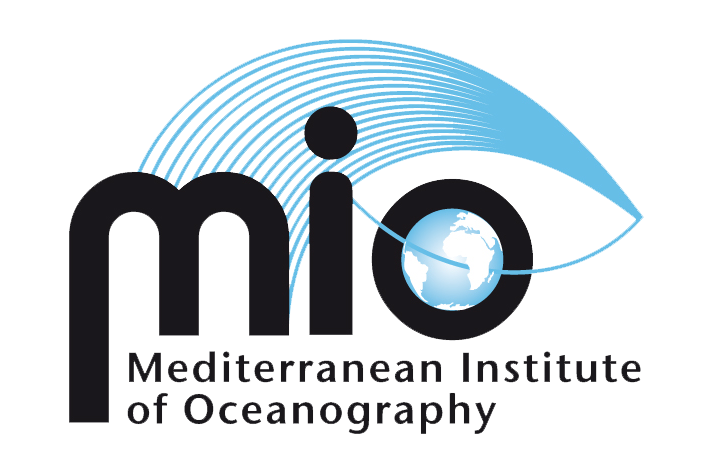Functional microbial ecology from gene to ecosystem
Exploring the biodiversity of marine ecosystems allows us to characterize the microbial world present, but does not provide any clues as to how these ecosystems function.
As well as describing the microbial world, the SEM team's research activities will focus on understanding the role of this microbial compartment in the transfer of matter and energy in the marine environment. Based on model organisms or small specialized consortia, bioenergetics linked to microbial metabolisms will be a subject of particular interest. Among these metabolisms, understanding the energetics linked to CO2 fixation in autotrophic organisms (origin of electrons, thermodynamics of reactions...), the "paradoxical" pathways of the methane cycle (e.g. anaerobic oxidation) and mercury (e.g. oxic methylation), or mechanisms linked to electro-microbiology (microbial mutualisms, electron transfer...) will provide a better understanding of the dynamics of these biotopes. Specific metabolisms and functional traits, such as bioluminescence, will be monitored from the isolation of new strains to understanding their impact on the community. Through the description of new metabolic pathways, we will address microbial transformations and interactions at the interface between elemental cycles (C with the bio-pump or methane, N, Fe, H), as well as the discovery of natural control factors in the environment.
Among these factors, viruses act both as vectors of genetic information in the ecosystem, and as controlling factors in community dynamics. These studies will be carried out on a micro-scale linked to community functioning.
These studies will benefit from the tools developed within the team, in particular comprehensive analytical tools (GC, HPLC, MS) for measuring activities under extreme conditions, or automated culture platforms enabling the most complex environmental conditions (hyperthermophilic, micro-aerobic, alkalophilic, anaerobic, hyperbaric, etc.) to be reproduced in a controlled and instrumented way. Molecular approaches (genomics, transcriptomics, metabolomics and proteomics) will also enable us to tackle these issues from a variety of biological angles.

